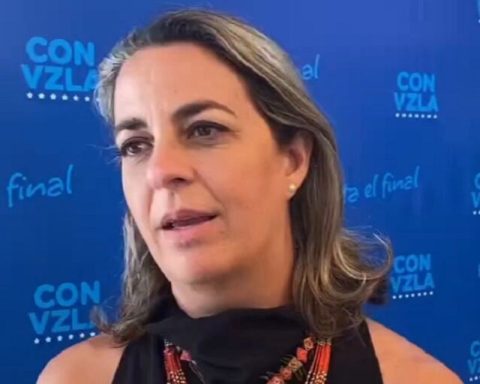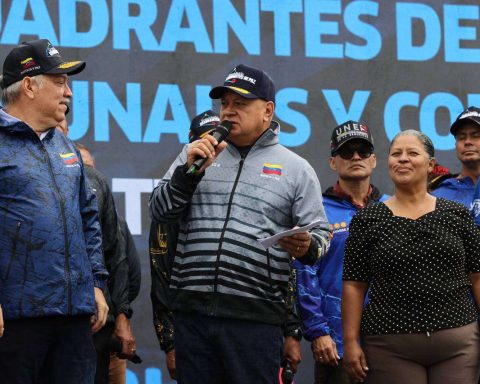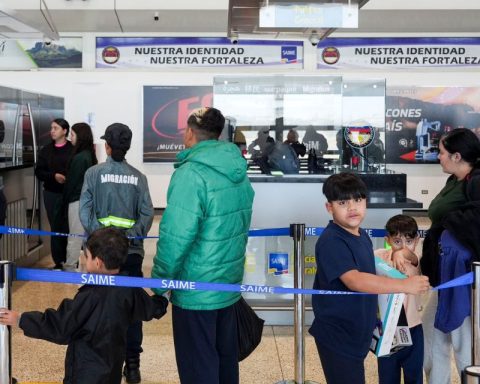The Venezuelan environmental NGO Provita and the Argentine organization Temaikén strengthened ties through the ECHO Project, a distance collaboration model for medical and educational training, which now includes environmental conservation
The Venezuelan environmental NGO Provita and the Argentine organization Temaiken Foundation they established an alliance to combat the trafficking of wild birds through Project ECHO.
The ECHO Project It is a remote collaboration model for medical and educational training and now it will also be applied in the field of environmental conservation. Through the use of technologies that link face-to-face and remote training aimed at training, advising and formalizing a community of practitioners under a safe learning environment, encouraging participants to share information and increase their chances of accessing it.
Arlene Cardozo, coordinator of the Little Cardinal Initiative at Provita NGO, explained that both institutions have an important track record in the fight against the illegal trade of wild birds and that this is an opportunity to learn and generate international synergies. Bird trafficking, he emphasized, is one of the main problems that threatens this group of species, with a network that connects throughout South America and the world, while institutions join efforts and experiences to generate good practices. To mitigate its effects, progress will be made towards the design of pertinent intervention strategies.
“The ECHO model has evolved into a learning framework that is applied across disciplines to achieve deep and sustainable change, based on the motto ‘everyone teaches, everyone learns,'” said Cardozo.
ECHO participants they engage in a virtual community with their peers where they share support, guidance, and feedback. As a result, he pointed out, the collective understanding of how to disseminate and implement best practices in various disciplines is continuously improved and expanded.
He stated that although the ECHO model was created to meet a local need, this methodology managed to create a movement with global impact.
*Also read: Power failures reported in Caracas and other states after heavy rains
From Argentina, Alicia de la Colina, coordinator of the Temaiken Foundation’s Yellow Cardenal Project, points out the urgency of implementing this type of coordination initiatives in the region: “Wildlife trafficking is one of the main causes of biodiversity loss and is among the most profitable illicit businesses at a global level, however, its origin and main impact is local, with Latin America being the region that suffers the greatest loss of birds due to this threat.”
For this reason, Cardozo stated, it is necessary to generate an international articulation that allows addressing and mitigating this problem locally with a global approach and impact, and the ECHO methodology could be the one that will allow this articulation.
“This type of unions and joint efforts at the international level are of great importance for conservation and counteract the serious damage caused by bird trafficking, since it is through these collaborations between institutions with multidisciplinary experience that the correct reception and recovery of seized species is achieved. in various countries,” he said.
Establishing networks of contact and exchange of knowledge makes it possible to ensure and standardize good practices focused on conservation. In this sense, using the methodology proposed by the ECHO model it is an innovation in the area of conservation of endangered species.
Those responsible for the alliance hope that this effort will lay the foundations for following up on these guidelines for the exchange and democratization of information through digital sessions, and that it will allow this modality and the results achieved by both institutions to be taken as examples to follow and replicate. by other organizations dedicated to protecting and conserving biodiversity.
Post Views:
118

















